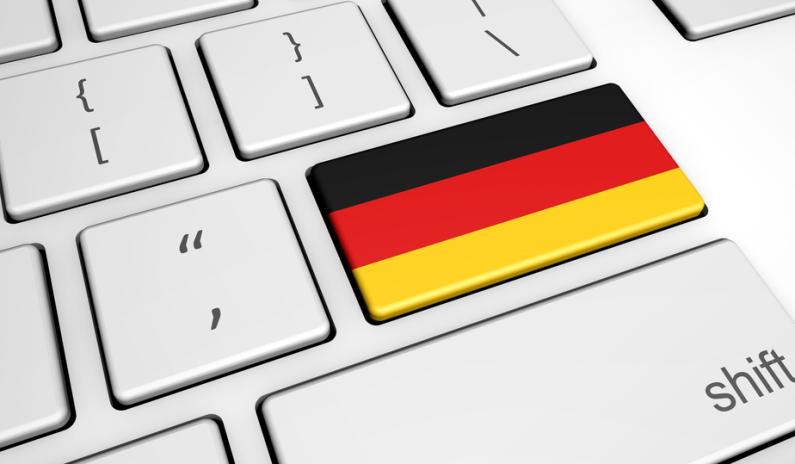
When learning a new language, you also need to be aware of idiomatic expressions, which are essential when you are communicating with locals and which will help you understand customs and traditions better. Here is a selection of some of the most common German idioms.
"Ich glaub mein Schwein pfeift": to express disbelief
This German expression is used to express disbelief in a situation. In its literal sense, it is translated as follows: "I think my pig is whistling". Another German expression can be used to express surprise at a situation: "Ich glaub' ich spinne" (literally: I feel like a spider). Both phrases can be translated as I can't believe my eyes!
"Das ist mir Wurst”: to show indifference
If you want to show you’re indifferent to something or someone or explain that you are undecided, you can use this German expression. The literal translation is: "That's sausage to me". It actually means I don't care.
"Abwarten und Tee trinken": to encourage someone to wait
This German phrase literally means "drink tea and wait". It is a phrase used to encourage someone to wait, or to remain calm in the face of a stressful or worrying situation.
"Jemandem die Daumen drücken": to wish someone good luck!
Do you want to express your encouragement and support to a loved one? This German expression is perfect for wishing someone good luck. Word for word, it translates as: give someone a thumbs up.
According to some theories, this saying originated in ancient Rome, when the fate of gladiators was decided by a thumbs up or down.
"Das ist nicht mein Bier": it's none of my business!
This German expression, which honours the country's national drink, literally translates as; it's not my beer. It is actually used to explain that something is none of your business.
"Ins Fettnäpfchen treten": lack of tact
This expression is used when someone is tactless, clumsy, or says something wrong. It is literally translated as stepping in the grease pot.
FAQ on German expressions
How do you greet someone in German?
To say hello to someone in German, you can use Guten Morgen, if it's in the morning; Guten Tag during the day; and Guten Abend in the evening. And to say hello! you can use Hallo; Tag! or Grüß dich!
What expression should I use to toast in German?
To toast in German, you will have to use the expression Prost! (Cheers!) or Prosit!
When to use "Na? "in German?
In German, the word "Na? "can be used at the beginning of a sentence, to say hello to someone for example: Na, alles gut? (Hi, how are you? or What's up?); Na, wie geht's? (So, how are you?). It can also be used to answer a question: Na gut (good) or Na klar! (yes, of course!).
Comments
I want to learn German
German is a good language to learn. I think so anyway.
Add new comment